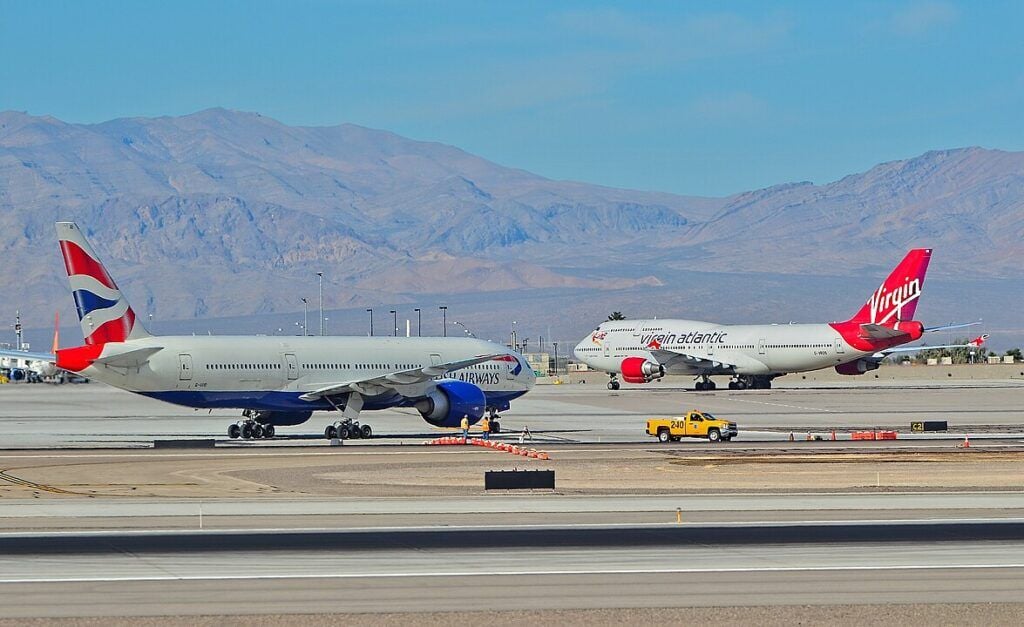(UNITED STATES OF AMERICA) The U.S. Department of State has placed Turkish Hizbullah on the Terrorist Exclusion List (TEL) for immigration control purposes as of November 2025, a move that empowers American officials to deny visas and remove foreign nationals linked to the group without invoking the broader terrorism sanctions regime.
The decision targets a radical Sunni Kurdish Islamist organization with a history of violence inside Turkey and adds a sharper filter for security checks at U.S. borders and consulates. Individuals associated with Turkish Hizbullah—whether through membership, support, or material backing—now face visa refusals and potential deportation under terrorism-related provisions of U.S. immigration law.

What the TEL designation means — immigration focus, not financial sanctions
Officials describe the TEL as a tool built for the immigration system, not a financial net. That distinction matters.
- A Foreign Terrorist Organization (FTO) designation would automatically impose financial sanctions, criminal exposure for material support, and broader penalties.
- The TEL does not impose automatic financial sanctions or banking freezes.
- The TEL focuses on the movement of people: who can get a visa, who can enter, and who can remain in the country.
In practice:
1. Consular officers can refuse visas on terrorism grounds linked to Turkish Hizbullah.
2. Department of Homeland Security officers can take removal action against people inside the country who fall within the scope of the listing.
According to analysis by VisaVerge.com, the move signals a tighter line by Washington on group-linked travel while stopping short of measures that typically trigger banking freezes and criminal liability tied to material support.
Background on Turkish Hizbullah
- Origins and activity: Emerged in the 1990s, known for kidnappings, assassinations, and a campaign aimed at replacing Turkey’s secular state with an Islamic system inspired by Iran.
- Distinct from Lebanese Hezbollah: It is not the same as Lebanese Hezbollah and has no official ties to it.
- Political context: The group’s violent past—and later rehabilitation in some parts of Turkey’s political sphere—has long drawn scrutiny from Western security officials.
The new U.S. action underscores that history while avoiding a broader diplomatic clash with Ankara by keeping the response within the immigration space rather than branding the group under the FTO framework.
Political and diplomatic signaling
Washington’s step carries political meaning:
- Turkish Hizbullah has been described as an ally within circles close to President Recep Tayyip Erdoğan, which makes the TEL listing notable without crossing into full sanctions.
- By using the TEL, the United States 🇺🇸 is signaling unease with Turkey’s domestic alliances that include Islamist actors, while maintaining room for cooperation with a NATO partner on other fronts.
- The listing acts as a warning: affiliations tolerated at home can carry consequences when crossing U.S. borders or seeking visas.
Immediate effects at consulates and ports of entry
The immediate effects will be felt by travelers and officials:
- People who are members of Turkish Hizbullah or who provide support can face refusals even without any criminal conviction.
- The TEL gives consular officers a clear basis to deny visas and allows frontline immigration officers to place people in removal proceedings if already in the U.S. and covered by the listing.
- For many travelers, expect:
- Extra screening
- Requests for more information about past associations
- Possible permanent ineligibility based on terrorism-related grounds
The reach of the listing can extend to fundraising and talent recruitment networks that depend on international travel to sustain influence.
Broader practical impacts and the “chilling effect”
Advocates tracking border screening note ripple effects beyond the policy text:
- Airlines receive warnings earlier and secondary checks become more common.
- Community ties abroad grow more cautious as donors and organizers worry casual associations could be read as support.
- Analysts expect these pressures to dampen efforts to move people and money across borders, even though the TEL itself does not freeze assets.
The “chilling effect” is often a design feature when the TEL is used to contain a group’s transnational reach.
Official resources and current status
The State Department’s listing page explains how the TEL works and emphasizes that, unlike sanctions, it is keyed to exclusion and removal under immigration law.
- U.S. officers can refuse entry and take enforcement steps based on the TEL listing alone.
- For detailed criteria and the current roster of listed groups, see the official reference at the U.S. Department of State – Terrorist Exclusion List: https://www.state.gov/terrorist-exclusion-list/
As of November 2025, the Department has not announced any wider sanctions on Turkish Hizbullah, and no Foreign Terrorist Organization listing has been made public.
Context within wider Turkey-related concerns
The decision occurs amid rising attention to Turkey’s internal environment for Islamist actors:
- Analysts point to permissive conditions for groups and individuals tied to Hamas, ISIS veterans, and al-Qaeda affiliates.
- By focusing on Turkish Hizbullah, Washington is drawing a line specific to one organization while signaling a broader concern: ties with violent Islamist networks can affect visa outcomes and travel privileges.
For NATO and counterterrorism cooperation, the move can complicate bilateral efforts but leaves diplomatic space by remaining within immigration measures rather than escalating to sanctions.
Practical advice for affected individuals, families, and employers
For people who may be affected, the most immediate advice is practical:
- Any past or present association with Turkish Hizbullah—membership, funding, training, or other support—can prompt a visa denial or removal action, even without prosecution in Turkey.
- Expect detailed questions about affiliations and be ready to provide clear, consistent answers.
- Where records exist, consular officers can consult them; where they do not, sworn statements and credible evidence can matter.
- The TEL gives officials broad discretion to err on the side of refusal.
Consequences for families and employers:
– A single terrorism-related visa denial can disrupt planned moves, work assignments, or study programs.
– Family reunification cases can stall if a principal applicant is ineligible.
– Employers with staff in Turkey should prepare contingency plans if travel to the U.S. becomes uncertain due to added screening.
None of these outcomes require a criminal case; immigration standards are different and, under the TEL, intentionally preventive.
Why this is not (yet) a sanctions move
For now, there is no sign of a shift toward sanctions against Turkish Hizbullah beyond the immigration sphere.
- The State Department emphasizes the TEL is an exclusion tool; other measures—such as property freezes or criminal exposure for material support—flow from different legal steps that have not been taken.
- That separation allows Washington to send a sharp policy signal while holding back more sweeping penalties.
Still, the choice to act—even within the narrower lane of immigration control—marks a clear turn in how the U.S. views the risk posed by Turkish Hizbullah-linked travel and presence on U.S. soil.
VisaVerge.com reports that observers in Washington see this as a calibrated warning with real consequences for mobility, even without the heavy weight of sanctions.
This Article in a Nutshell
The U.S. placed Turkish Hizbullah on the Terrorist Exclusion List in November 2025, enabling visa refusals and removal actions against individuals linked to the Sunni Kurdish Islamist group. The TEL focuses on immigration controls rather than financial sanctions, so it does not automatically impose banking freezes or FTO-level criminal exposure. The action increases screening at consulates and ports of entry, may chill fundraising and travel networks, and signals U.S. concern about Turkey’s domestic alliances while preserving diplomatic flexibility.













